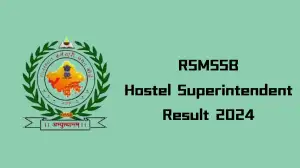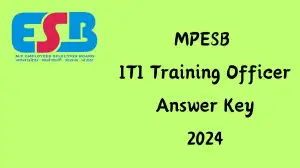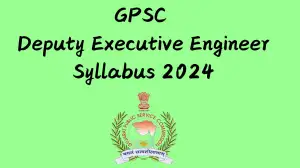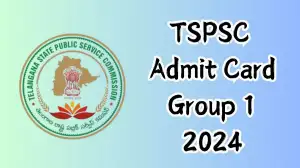TNPSC Group 2 Syllabus 2024 Check Examination Pattern, Important Subjects and Topics
by Tamilarasi S
Updated Jun 21, 2024
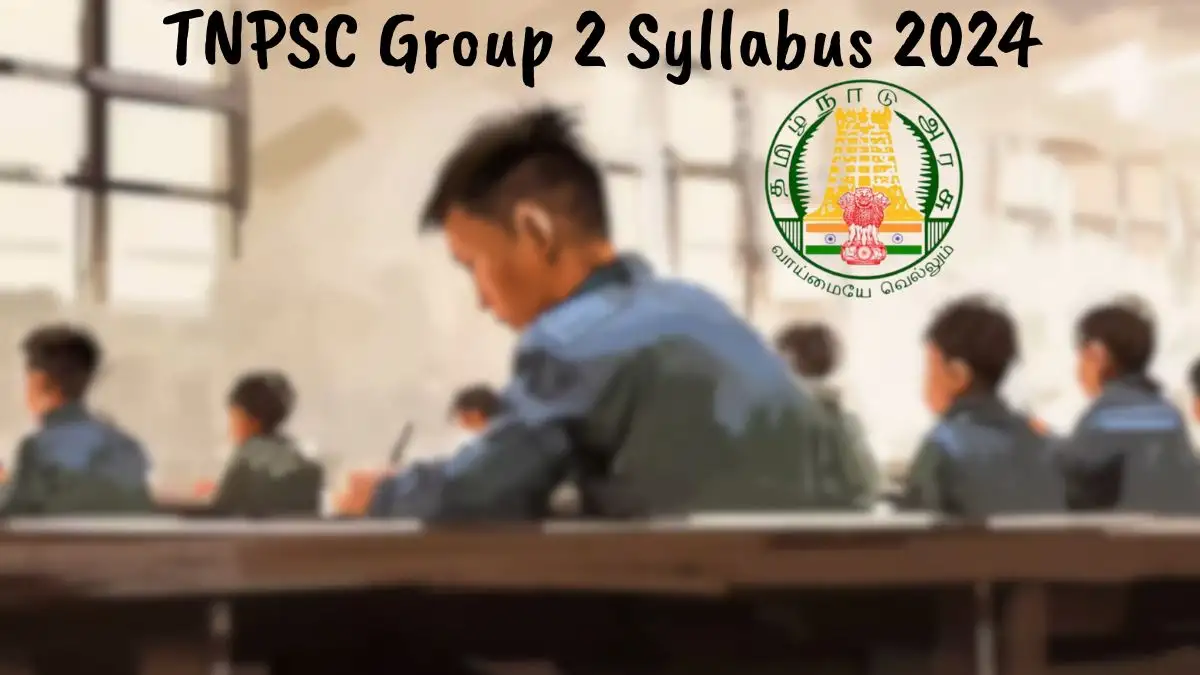
TNPSC Group 2 Syllabus 2024
The TNPSC Group 2 examination syllabus for 2024 covers a variety of subjects and topics to help candidates prepare effectively. Below are the details categorized under different headings for clarity.
|
Detail |
Description |
|
Conducting Body |
Tamil Nadu Public Service Commission (TNPSC) |
|
Exam Name |
Group 2 Services |
|
Selection Process |
Preliminary Exam, Mains Exam |
|
Maximum Marks |
Prelims - 300, Mains - 400 |
|
Duration |
Prelims - 3 Hours, Mains - 6 Hours |
Preliminary Examination Pattern
|
Subject |
Questions |
Standard |
|
General Tamil or General English |
100 |
S.S.L.C. |
|
General Studies |
75 |
Degree |
|
Aptitude and Mental Ability Test |
25 |
S.S.L.C. |
Mains Examination Pattern
Important Subjects and Topics
General English Syllabus
|
S.No |
Topic |
|
1 |
Grammar |
|
2 |
Poetry |
|
3 |
Figures of Speech |
|
4 |
Poems and Prose |
|
5 |
Literary Works |
|
6 |
Biographies of Important Personalities |
|
7 |
General Comprehension |
General Science Syllabus
|
S.No |
Topic |
|
1 |
Scientific Knowledge and Scientific Temper |
|
2 |
Nature of Universe |
|
3 |
General Scientific Laws |
|
4 |
Elements and Compounds |
|
5 |
Human Diseases |
|
6 |
Environment and Ecology |
Current Events Syllabus
|
S.No |
Topic |
|
1 |
National Symbols |
|
2 |
Profile of States |
|
3 |
Eminent Personalities and Places in News |
|
4 |
Sports |
|
5 |
Books and Authors |
|
6 |
Political Parties and Political System in India |
|
7 |
Public Awareness and General Administration |
|
8 |
Welfare-oriented Government Schemes and their Utility |
|
9 |
Problems in Public Delivery Systems |
|
10 |
Prominent Personalities in Various Spheres - Arts, Science, Literature, and Philosophy |
Geography of India Syllabus
|
S.No |
Topic |
|
1 |
Monsoon Rainfall, Weather, and Climate |
|
2 |
Water Resources - Rivers in India |
|
3 |
Soil, Minerals, and Natural Resources |
|
4 |
Forest and Wildlife - Agricultural Pattern |
|
5 |
Population Density and Distribution |
|
6 |
Racial, Linguistic Groups and Major Tribes |
History and Culture of India Syllabus
|
S.No |
Topic |
|
1 |
Indus Valley Civilization |
|
2 |
Guptas, Delhi Sultans, Mughals, and Marathas |
|
3 |
Age of Vijayanagar and Bahmani Kingdoms |
|
4 |
South Indian History |
|
5 |
Change and Continuity in the Socio-Cultural History of India |
|
6 |
Characteristics of Indian Culture, Unity in Diversity – Race, Language, Custom |
Indian Polity and Economy Syllabus
|
S.No |
Topic |
|
1 |
Constitution of India |
|
2 |
Citizenship, Fundamental Rights, Fundamental Duties, Directive Principles of State Policy |
|
3 |
Union Executive |
|
4 |
Union Legislature |
|
5 |
Election |
|
6 |
Nature of Indian Economy – Five Year Plan Models |
|
7 |
Reserve Bank of India |
|
8 |
Fiscal Policy and Monetary Policy |
|
9 |
Finance Commission |
|
10 |
Goods and Services Tax |
History, Culture, Heritage, and Socio-Political Movements in Tamil Nadu Syllabus
|
S.No |
Topic |
|
1 |
History of Tamil Society |
|
2 |
Related Archaeological Discoveries |
|
3 |
Tamil Literature from Sangam Age till Contemporary Times |
|
4 |
Thirukkural |
|
5 |
Role of Tamil Nadu in Freedom Struggle |
|
6 |
Self Respect Movement |
|
7 |
Dravidian Movement |
Development Administration in Tamil Nadu Syllabus
|
S.No |
Topic |
|
1 |
Human Development Indicators in Tamil Nadu and Comparative Assessment |
|
2 |
Education and Health Systems in Tamil Nadu |
|
3 |
Geography of Tamil Nadu and its Impact on Economic Growth |
|
4 |
Achievements of Tamil Nadu in Various Fields |
|
5 |
e-Governance in Tamil Nadu |
Aptitude and Mental Ability Syllabus
|
S.No |
Topic |
|
1 |
Simplification |
|
2 |
Percentage |
|
3 |
Highest Common Factor (HCF) and Lowest Common Multiple (LCM) |
|
4 |
Ratio and Proportion |
|
5 |
Simple Interest and Compound Interest |
|
6 |
Area and Volume |
|
7 |
Time and Work |
|
8 |
Logical Reasoning |
|
9 |
Puzzles-Dice |
|
10 |
Visual Reasoning |
|
11 |
Alpha Numeric Reasoning |
|
12 |
Number Series |
Preparation Tips
- Analyze the Syllabus: Focus on important chapters.
- Use High-Quality Resources: Choose good books and study materials.
- Practice Regularly: Solve mock tests and previous year's question papers.
- Take Notes: Make notes of important topics and revise frequently.
